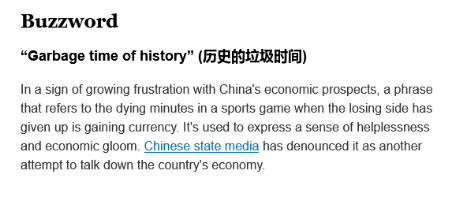Ancient Japanese wisdom in modern times — supposedly
What accounts for Japan's smoothly functioning society and exquisite esthetics? Is there a word for it?
Bunkum Alert: The Ancient Wisdom of Japan", by Howard Chua-Eoan, Opinion Today, Bloomberg; appears to be an earlier version of "The land of the rising sun isn’t a life-hack wonderland despite the busy market in its ancient wisdom", by Howard Chua-Eoan, Opinion Today, Bloomberg (12/13/24)
—
I just spent two weeks in Japan. But if you think I’ve brought back exotic pearls of wisdom, you’ll be disappointed. That’s because I’ve been talking to my Tokyo-based colleague Gearoid Reidy — a great admirer of Japan but a cold critic of Western fetishization of almost everything out of the country. As he describes it in a recent column: “Talking to first-time tourists or perusing online forums, I often find astonishment: Why does everything work so well? How else could public safety and famed attention to detail be sustained, if not from some secret knowledge the West has lost?” The search for alleged life hacks out of Japan has resulted in a plethora of books on “the Japanese secret to everything: Eat less, save money, be more productive. Ikigai, wabi-sabi or shinrin yoku will fix what’s wrong with your life.”
Read the rest of this entry »




